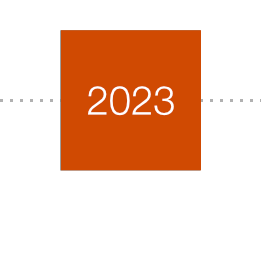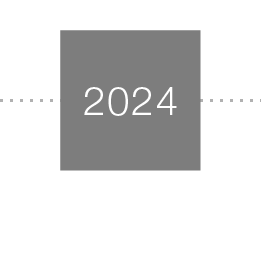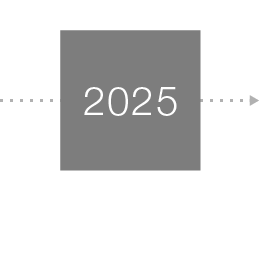The EU’s Digital Operational Resilience Act (DORA) seeks to ensure the convergence and harmonisation of security and resilience practices across firms operating in the European Union (EU). The aim is to help mitigate the risks associated with rapid digitalisation and growing interconnections and dependencies within the financial sector and with third-party infrastructure and service providers.
Swiss entities need to act quickly to determine whether they fall within the scope of DORA, based on the broad range of financial markets activities included and whether those take place within EU jurisdictions.
What is the background?
As of January 2025, around 22,000 financial entities and ICT service providers operating within the EU, as well as the ICT infrastructures supporting them from outside the EU, are required to comply with uniform regulatory standards. These have two main objectives:
- Build, assure and review the operational integrity of the service and operating model to ensure the continued provision of (the quality of) the financial services, including throughout disruptions.
- Limit the risk of contagion within the EU financial system by prescribing a harmonised minimum standard of digital operational resilience.
Over 22,000 financial entities in the EU must directly adhere to the regulations outlined in DORA. Entities located outside the EU will also be impacted.
How should Swiss entities respond to DORA?
DORA has an extra-territorial effect, as Swiss financial entities that are affiliated to EU financial entities and deliver (intra-group) ICT services to their counterparts within the EU, such as a parent undertaking, branches, subsidiaries or sister companies, will be required to adhere to DORA standards. This is particularly relevant for group-internal outsourcing arrangements. These groups will likely adopt DORA-compliant global minimum standards across the board, regardless of the specific ICT services they provide.
Furthermore, Swiss ICT providers, including sub-providers, will be impacted indirectly by DORA when they offer ICT services to financial entities within the EU. The scope of ICT services is broadly defined to encompass a variety of digital and data services facilitated through ICT systems. This includes, but is not limited to, data storage or cloud services, data processing and reporting services, as well as data monitoring and data-driven business support services.
Scenarios where a Swiss entity falls within the scope of DORA
*"ICT services" means digital and data services provided through ICT systems to one or more internal or external users on an ongoing basis, including hardware as a service and hardware services which includes the provision of technical support via software or firmware updates by the hardware provider, excluding traditional analogue telephone services.
Impact on Liechtenstein
DORA sets the regulatory focus on five key pillars
DORA introduces a holistic framework for effective risk management, ICT and cybersecurity functions, the treatment and reporting of errors, and for the management of external providers, thereby guaranteeing the consistent provision of services across the entire value chain. Five core topics play a particular role: ICT risk management, management of ICT incidents, digital operational resilience testing, management of third parties, and information exchange.
When will DORA be enforced?
DORA entered into force on 16 January 2023. With an implementation period of two years, financial entities will be expected to be compliant with the regulation by early 2025.
Your company has implemented FINMA Circular 2023/1 requirements: What's the impact by DORA and what can you leverage?
Generally, DORA and FINMA Circular 2023/1 on Operational Risk and Resilience (and, to some extent, FINMA Circular 2018/3 on Outsourcing) pursue the same purpose of increasing the operational resilience of financial entities. However, the approaches taken differ significantly. FINMA adopts a principle-based approach, granting supervised entities the discretion to determine how best to comply with its requirements. In contrast, DORA takes a rule-based approach, specifying requirements in greater detail.
If a Swiss financial entity is already compliant with FINMA Circular 2023/1, it will have addressed several of the areas covered by DORA. Nevertheless, all entities will have to review in detail whether every requirement of DORA can be met by the processes and organisation they have in place and determine where they need to extend operational resilience to comply with DORA in full.
How can we support?
PwC can fully support your company along the road to adhering to the DORA regulations, from evaluating your current preparedness to helping you implement measures to meet the statutory requirements and embedding them in your risk management, security management, resilience management and compliance management system.
Do you have further questions?
We’re here to help you.
Our experts
Partner, Leader Financial Services Risk Consulting & Internal Audit, PwC Switzerland
+41 58 792 46 28












